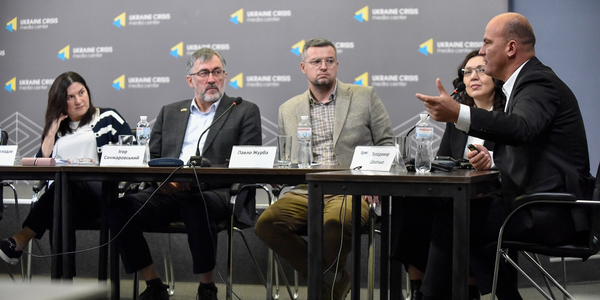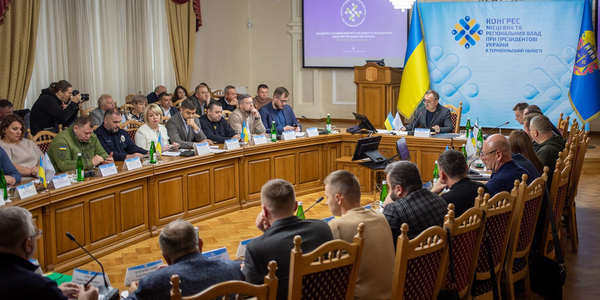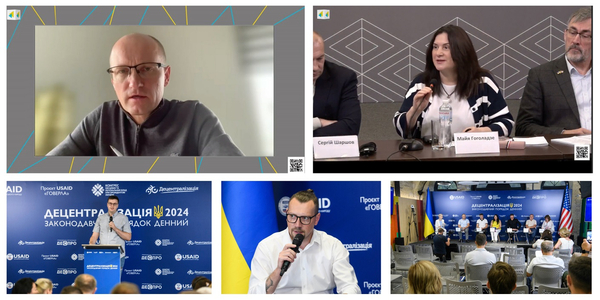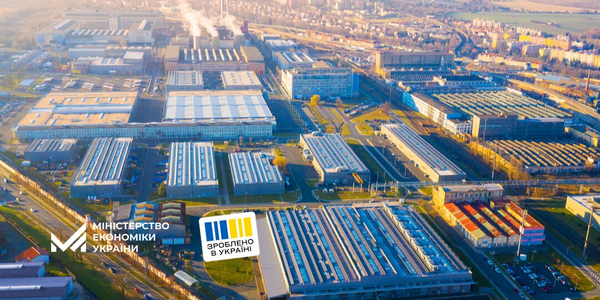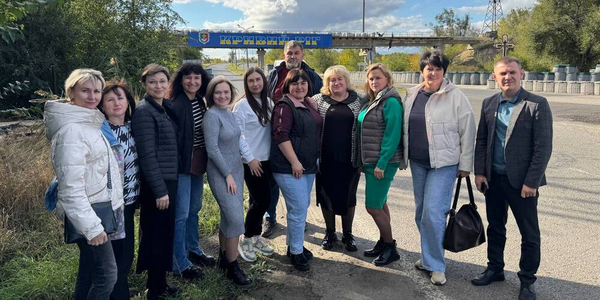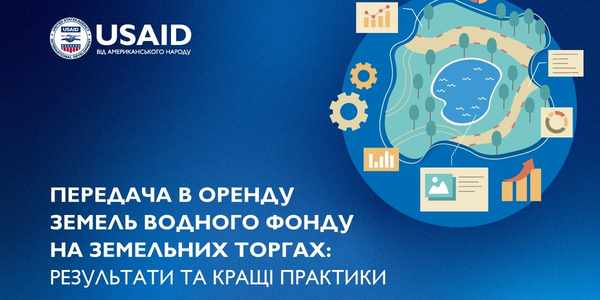In Ukraine, it is necessary to continue the reform of decentralization and the formation of powerful and effective local authorities.
This was stated by Director of GIZ Ukraine, Daniel Busche, during the panel discussion “Sustainable inclusive recovery. Development of municipalities’ capacity to meet local needs", timed to the Ukraine Recovery Conference, held in London, Ukrinform reports.
“Let's continue the decentralization reform and move to a full-scale empowerment of local government”, - said Daniel Busche.
According to him, this transformational process will face various challenges: from issues of streamlining fiscal policy to the need to provide supervision directly on the ground, but moving forward is necessary for both.
“All the more, these changes should be fast, also considering the fact that the process of Ukraine's accession to the European Union is ongoing," added the Director of GIZ Ukraine.
Daniel Busche noted the great interest and involvement of the municipalities in carrying out qualitative changes, their motivation and commitment, which did not change in the difficult situations related to the war.
“They find innovative solutions. This inspires me a lot. On behalf of GIZ Ukraine, I want to say how much we are motivated by the commitment shown by the municipalities to the recovery processes,” he emphasized.
Daniel Busche supported the call announced by President Volodymyr Zelenskyy at Ukraine Recovery Conference to move forward in the process of restoring the country.
“Speaking at the conference, President Zelenskyi said that it is necessary to move from vision and agreement to specific projects that are necessary for municipalities. Of course, commitments have been made, but it is necessary to approach the projects that will be implemented in a very adaptive manner,” he said, adding that for GIZ Ukraine this is work for the future.
At the same time, Daniel Busche drew attention to the important role of U-LEAD with Europe: Local Empowerment, Accountability and Development Programme in the qualitative changes taking place in Ukraine.
“It was this programme that advanced the decentralization process for several years, and then adapted to the needs that arose after February 24, 2022, including reconstruction. Therefore, remember U-LEAD as a key partner in the process of inclusive recovery,” he emphasized.
Matthew Waterfield, a representative of the Partnership Fund for a Resilient Ukraine, also emphasized the need to work quickly, especially when it comes to Ukrainian territories liberated from Russian invaders.
“It is necessary to work quickly, taking concrete steps to help people on the ground. This is another big challenge that we are paying attention to. Here, a lot depends on the duration of the occupation, because the longer it is, the more difficult the problems will be. We need to adapt our activities, learn to act promptly in order to face these challenges,” he added.
The participants discussed the ways to help municipalities recover by following the principles of decentralization and fostering municipalities’ capacity to meet local needs.
The event was held on the initiative of the Ministry for Communities, Territories and Infrastructure Development of Ukraine in partnership with the Agency for Recovery and Development, Alinea International, the Canadian government project "Supporting Governmental Reforms in Ukraine" (SURGe), implemented by Alinea International Ltd., with the participation of the Association of Local Governments of the United Kingdom, the Ukrainian Association of Local Governments, the Anti-Corruption Initiative of the European Union in Ukraine (EU, Denmark), the International Renaissance Foundation, U-LEAD with Europe, and ISAR Ednannia.

